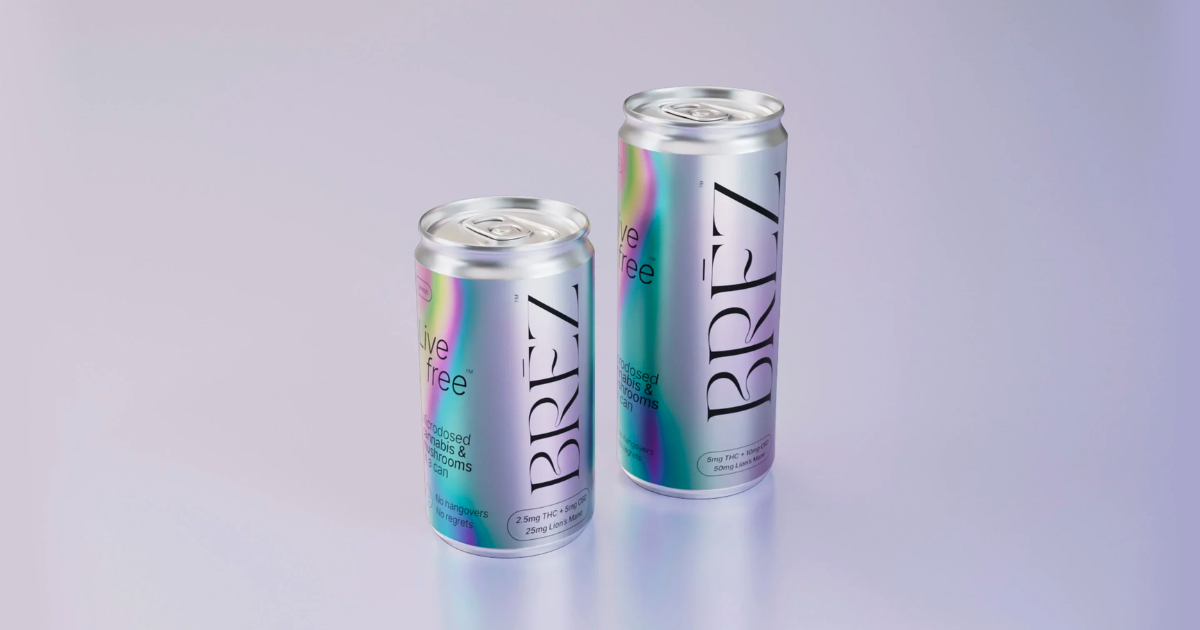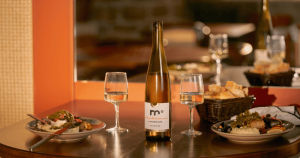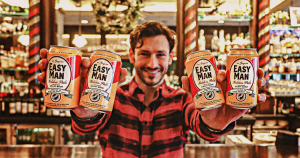Alcohol consumption among younger generations is on the decline, but this doesn’t equate to a complete rejection of recreational substances. THC is emerging as a popular alternative, particularly among Gen Z consumers. According to a Brightfield Group report, 37% of this demographic now prefer it over alcoholic drinks. This trend aligns with Gallup’s findings, which show a significant reduction in alcohol consumption among young adults, paralleled by an increasingly favorable view of marijuana.
Beverage brands like Artet and Cann are carving out a unique niche in the THC market, appealing not just to regular cannabis users but also to those seeking ways to decompress without alcohol. Anecdotally, I’m seeing THC beverages attract demographics not historically associated with the category, like 30-something mothers with executive-level jobs. As THC legalization (and normalization) continues to spread, it seems to be broadly reshaping consumption habits and cultural norms for socializing and relaxation.
While THC beverages are enjoying a surge in popularity, they’re also encountering challenging regulations. Recent regulatory scrutiny is creating a complex landscape for these brands, which must navigate a patchwork of state-specific laws. I wonder if this is why Brez just announced their first non-THC beverage, which is based on lion’s mane mushrooms. The evolving regulatory environment underscores the tension between growing consumer demand for THC products and the need for clear, standardized legal frameworks to govern their sale and consumption.
Implications:
- Market Expansion Opportunities: Non-alcoholic beverage brands can explore collaborations or product extensions into the THC space, tapping into the growing consumer interest in recreational substances besides alcohol.
- Consumer Education: There’s an opportunity for consumer education about THC as an alcohol alternative. Brands can engage consumers through informative campaigns and experiential marketing.
- Regulatory Navigation and Advocacy: Brands entering the THC space must stay informed and adaptable to the evolving regulatory landscape. Active participation in advocacy for standardized regulations could benefit the industry and ensure responsible growth.






